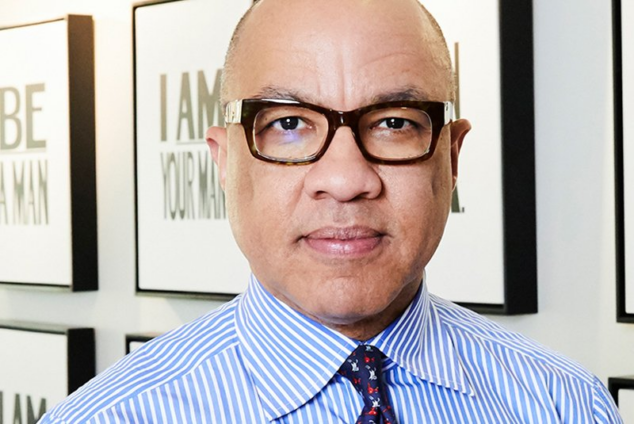Nigeria passed the Discrimination against Persons with Disabilities (Prohibition) Act in 2018 after over a decade of advocacy, but six years later, disability rights groups are dissatisfied with the progress.
In a discussion organised by the Center for the Right to Health (CRH) and the Ford Foundation, people living with disabilities shared their frustrations with misconceptions, stigmatisation, and barriers they face daily.
They highlighted how persons with disabilities are denied access to education, healthcare, and other amenities.
They are often pitied, and viewed as incapable, and their sexuality, desires, and intellect are disregarded.
Dr Stella Iwuagwu, Executive Director of CRH and a spinal cord injury survivor, said, “We are seen as less in the eyes of society and therefore do not deserve a full life like any other person.”
Theophilus Odaudu, a Programme Officer at Disability Rights Fund, recounted the stigma his able-bodied wife faced when she accepted his marriage proposal.
“A relative asked my wife, ‘I hear you are getting married to a blind man.’ She said yes. ‘Are you ready to live all your life taking care of somebody?’ But my wife told her, ‘I’ve been dating him and I’ve not been taking care of him. We have been married for 10 years now.’”
Theophilus also pointed out how the lack of inclusivity, inadequate resources, and age restrictions limit education and employment opportunities for persons with disabilities.
“There are age limits for a lot of job applications. When they say nobody above the age of 24 should apply, most persons with disabilities are still in school at 24.

"I was able to acquire education because I have a father who understood the intricacies of someone with a disability and had the resources to provide for my special needs.”
Harmful narratives by both global and local media exacerbate the situation, reinforcing existing notions and perceptions.
However, there is hope. Darren Walker, President of the Ford Foundation, noted that disability rights and justice have become salient topics globally. “
Across the world, we are seeing a grassroots demand for accountability, rights, and justice for people living with disabilities, and it is about time.”
“Most philanthropy and many donors are fixated on poverty alleviation, reducing inequality and injustice, with little or no work in empowering and supporting the leadership, rights, and development of people living with disabilities.
"We at the Ford Foundation have been on our journey in this regard, and in recent years, we donors have done what was long overdue in acknowledging that there can be no justice without justice for people with disabilities,” Walker said.
Participants discussed the need for inclusive education, healthcare, and agriculture. Ekaete Umoh, Former Director of Global Disability Inclusion and Ford Foundation Fellow, stated, “We can acknowledge the diverse experiences within the disability community and harness it for development.”
Rasak Adekoya, Disability Inclusion and Development Consultant emphasised redefining existing notions and perceptions by creating inclusive media that narrates stories of persons living with disabilities without prejudice.
Latest Stories
-
CHASS advises against reopening schools on Jan. 3 until financial arrears are cleared
1 minute -
Newmont’s Akyem Vocational Institute unveils battery-powered fufu machine at graduation ceremony
5 minutes -
Newmont reinforces cultural heritage commitment in host communities
13 minutes -
Oti Region records over 10 road accident deaths from January to September this year
18 minutes -
Ecobank Ghana inaugurates ‘Ecobank Retirees Association’: A legacy of fellowship and service
24 minutes -
Optimal OMD appoints Taniya Mondal as MD
38 minutes -
Lekzy DeComic hailed for masterful emceeing at OB Amponsah’s comedy show
40 minutes -
Premier Care Hospital sparks joy with second annual nine lessons and carols night!
40 minutes -
OB Amponsah fills 4,000 capacity Bukom Boxing Arena with comedy special
45 minutes -
Bridging digital and human intellect: Africa’s Path from 4IR to 5IR
49 minutes -
How Newmont’s Learnership Programme empowered Dorcas Oppong to achieve her dreams
57 minutes -
Kenya’s Ruto embraces rivals to shore up support
1 hour -
The student who blew whistle on Kenya airport controversy
1 hour -
PwC Ghana spreads festive cheer with inaugural Season of Smiles
1 hour -
CETAG threatens indefinite strike from Dec 31 over government’s ‘broken promises’
1 hour

